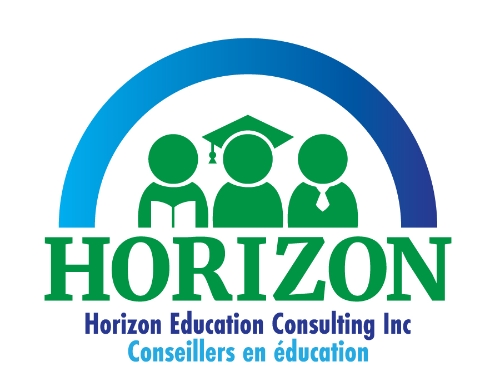Now that municipal elections are over, new and returning trustees are heading up new school board administrative councils as of December 1st, 2014 for the next four years.
School board trustees are one of four major players in the education sector, with teacher unions, the Ministry of Education and the Ontario College of Teachers making up the rest. Each one has a different role to play but all of them must play as a team to make the system work.
Education Basics 101
The Ministry of Education with its Minister as its elected representative, is responsible for legislating changes to the Education Act, creating policies that school boards must implement and setting curriculum standards for what students must learn from kindergarten to grade 12. They do a pretty good job of that for the elementary sector, for high schools though –we’ll get to that.
The Ontario College of Teachers (OCT) is the regulatory body of the teaching profession in Ontario (the only one, by the way, in Canada). They certify teachers to make sure that individuals have the right qualifications to teach what they are assigned to teach by the school board employer and accredit Faculties of Education for teacher qualification programs. New teachers must now complete a two year teacher education program before teaching in a publicly funded school in Ontario, after, or while, completing a university degree. The governing council of the College is made up of 37 members, 23 of which are elected teachers from various school boards, actively teaching in a classroom; one principal and one superintendent also form part of the elected members. The rest of the council consists of appointed members by the Minister of Education. The role of the College is to protect the public interest.
Teacher unions represent the bargaining agent for the teachers’ working conditions set in collective agreements. Whereas in the past, each local office would negotiate a local contract with the area school board employer, this process has changed. More is negotiated at the provincial level now for similar items such as salaries, with smaller details left for the particular needs in each area to be worked out with the local school board. There are 72 school boards in Ontario divided between 8 French Catholic school boards, 4 French language public school boards, 31 English public school boards and 29 English Catholic school boards. Teachers elect their local and provincial union representatives for the four unions in Ontario (English elementary teachers, English secondary teachers, Catholic elementary & secondary teachers and French language elementary and secondary teachers).
The public elects school board trustees to represent the interests and priorities of the local community with the school board employer. They also oversee the implementation of Ministry policies and consider items brought before them by senior school board administrators. Their role is to ensure that students in their school board receive the highest quality education, that taxpayers’ money is used efficiently in the school system and that school board operations are responsive to local needs and transparent in decision-making. Ideally, trustees have a visible presence in their schools, are regular visitors on parent councils and attend school events to keep abreast of concerns in each school community.
So imagine all four of these players in a 4-on-4 game on a basketball court. The ball can represent students, a new school building, a new policy or, this year, a new collective agreement for teachers. Sometimes all players play fair and pass the ball around effectively so that when it lands in the hoop, the community scores. But sometimes not all team members get along, some have competing interests, one wants more money from the pot and the focus is lost on the objective of quality education for students, and someone drops the ball. It then takes a long time to rebuild the dynamic and momentum to score again.
The Education sector is the slowest sector to adapt to new technology, create and implement policy in a timely way and adjust curriculum in a constantly evolving way. Teachers have become facilitators and are no longer considered fonts of knowledge. The school is the social place, the internet the place of learning and exploring. Innovation and creativity, while celebrated at the elementary level is quashed in the high school system, antiquated in its course offerings, which no longer appeal to students or teachers, with irrelevant material in curriculum and a gaping hole in skills development. Although recent success with CO-OP programs in high school is laudable, students access them too late, too many obstacles and hurdles or criteria are set before them at the school level and those programs are not always suggested to the students who would most benefit from them.
Do you know your school board trustee?
Trustees have to be new, strong team players on the court because the public and parents, expect them to be there for their children’s interest . Parents need to communicate actively with trustees so that the trustee can have a much higher profile in the community and enjoy greater visibility in municipal elections because of their role for students, the leaders of tomorrow .
Trustees, be active in your schools, communicate with the parent and business community and ask the students how they see their school system preparing them for the future. Ask lots of questions of school board staff, get answers, propose solutions and show leadership in your mandate. Game on!
Monika Ferenczy
Horizon Education Consulting
Websites:
Ontario College of Teachers www.oct.ca
Teacher unions: www.etfo.ca (elementary) www.osstf.on.ca (secondary)
French language teachers , elementary and secondary www.aefo.on.ca
Catholic elementary and secondary teachers www.oecta.on.ca
Ministry of Education www.edu.gov.on.ca
School trustee associations www.ontarioschooltrustees.org
